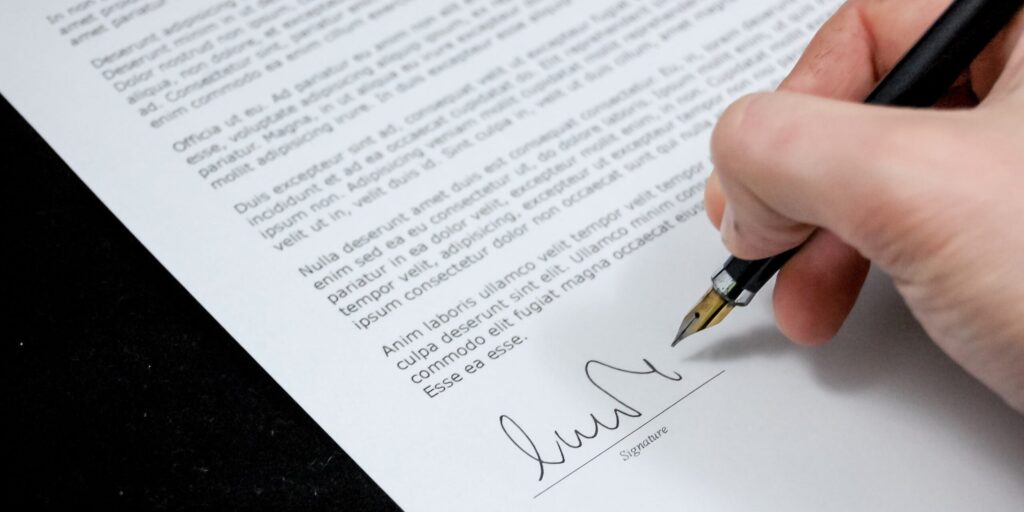- The difference between a divorce and an annulment - April 15, 2024
- Hidden costs to be aware of when buying a house - April 3, 2024
- The rules about legally transporting a firearm in Canada - April 1, 2024
By LegalMatters Staff • Once a home seller and a buyer formally sign a standard sales agreement, a deal is a deal. If either party wants to back out, there will likely be legal and financial consequences.
“A signed formal purchase agreement is a binding contract and cannot be rescinded without the consent of the seller,” says Edmonton real estate lawyer Peter Ewanchuk.
“In Alberta, there is not much leeway to cancel a real estate purchase,” he adds. “There is no ‘cooling-off’ period for home purchases, unlike in British Columbia, which allows for a three-day cooling-off period for buyers who have signed contracts for residential property.”
Ewanchuk says a buyer In Alberta who walks away on or before closing will have to forfeit their deposit, at a minimum, representing up to three per cent of the purchase price.
“Prospective purchasers could also be liable for other costs incurred by the seller, such as legal fees, mortgage carrying costs and any other losses the seller suffered,” he says.
Ewanchuk said there are some circumstances where a buyer can legally back out of a real estate transaction.
“One example is if the sale was conditional and the conditions imposed on the seller for the benefit of the buyer were not met,” he explains. “This could include problems detected in the home inspection, with obtaining financing or the inability of the buyer to sell their current home.”
Sellers sometimes want out of the deal, Ewanchuk says, adding that also comes with significant risks.
“A seller can be sued for breach of contract by the buyer. This may result in the court ordering the seller to complete the sale,” he says.
The seller will also need to immediately return the deposit to the buyer along with any of expenses they have incurred, with interest, says Ewanchuk.
“In addition, the real estate agents may take legal action against the seller to recover their lost commission and any reasonable and agreed-upon costs of marketing the property,” he says.

